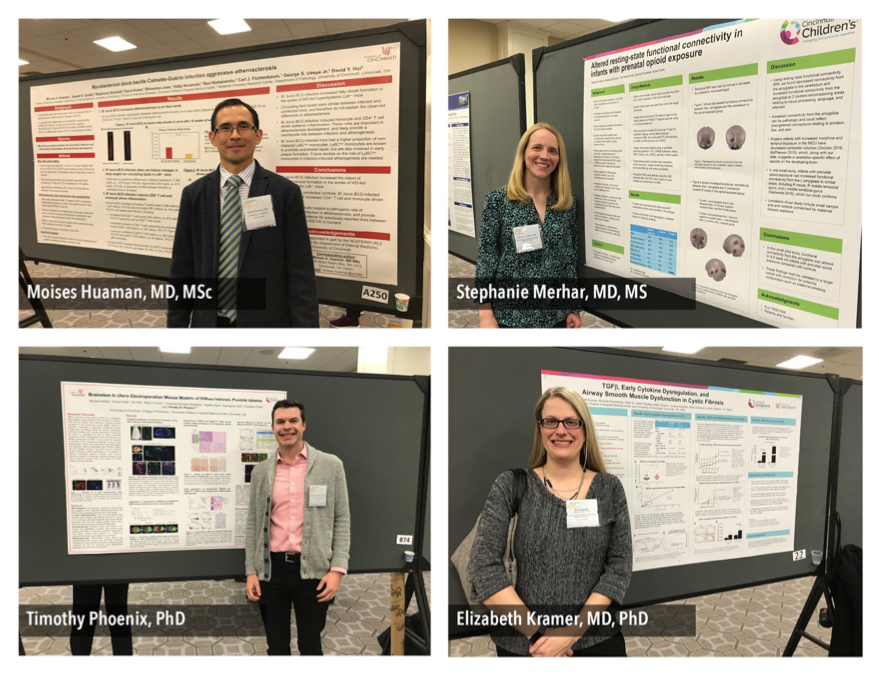In 2017 Cincinnati Children’s Hospital investigator, Dr. Manoj Pandey, PhD., was awarded Center for Clinical and Translational Science Just In Time (CCTST-JIT) funding for the project, “C5a-C5aR1 function for brain storage of glucosylceramide in Gaucher disease”. The goal of this study was to investigate if the protein complement 5a (C5a) interaction with its receptor (C5aR1) triggers the excess brain accumulation of the fatty molecule, glucosylceramide (GC), which sparks inflammation and can lead to neurodegeneration in Gaucher Disease.
Gaucher disease is a rare disease, with an incidence of about 1 in 60,000 in the general population. Worldwide there are about 4,000 Gaucher disease patients. Certain therapies, such as enzyme replacement therapy and substrate reduction therapy, treat many of the visceral aspects of Gaucher disease but demonstrate diminished or no response in the brain and for which there is not an effective therapy. The results obtained from the JIT funded study provide new insights that might prove useful to design novel adjunctive therapeutic approaches that may apply to manage disease complications in patients with Gaucher’s, Parkinson’s and other lysosomal storage diseases.
This JIT project has led to two publications, funding from the Michael J. Fox Foundation, and Media Coverage:
Pandey M, Magnusen D, Mckay M, Magnusen A, Rani R, Caballero M, Zhang W, Setchell K, Grabowski G, Köhl J. Complement drives neurodegeneration in Gaucher disease. European Journal of Immunology 2017, 47(S2), 157-157.
Pandey MK, Grabowski GA, Köhl J. An unexpected player in Gaucher disease: The multiple roles of complement in disease development. Semin Immunol 2018, S1044-5323(17)30104-5. (PMID: 29478824).
To learn more about Dr. Pandey’s study funded Michael J. Fox Foundation, click here
To view Media Coverage that Dr. Pandey has been featured in, click here
The mission of the CCTST-JIT grant mechanism is to enable investigators to use University of Cincinnati or Cincinnati Children’s Hospital Medical Center Core facilities to obtain critical data for submission of a competitive extramural proposal, patent application or commercialization agreement. The JIT application cycle is open from September 9, 2019 - October 7 2019; click here for details.





